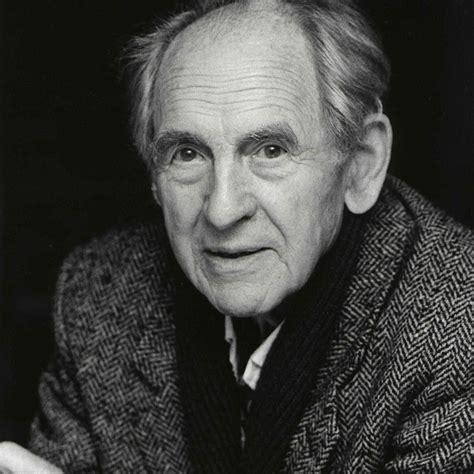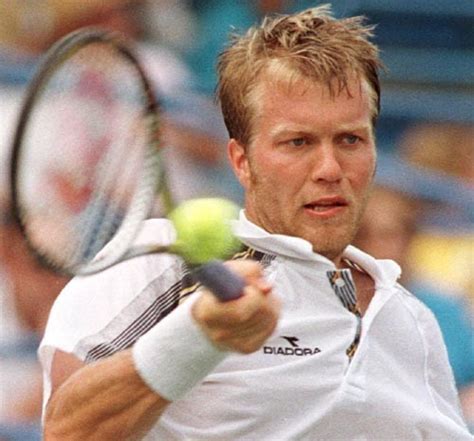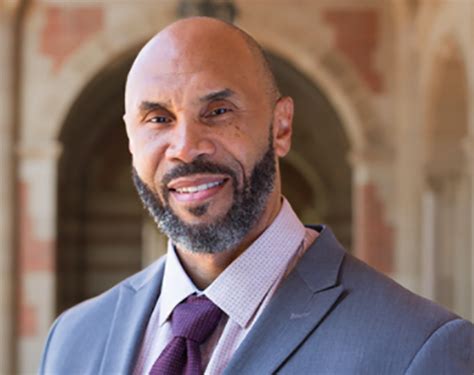A Quote by Martin Cooper
I think that wireless has the opportunity to solve a whole bunch of problems, including I believe world poverty.
Related Quotes
And I've come to the place where I believe that there's no way to solve these problems, these issues - there's nothing that we can do that will solve the problems that we have and keep the peace, unless we solve it through God, unless we solve it in being our highest self. And that's a pretty tall order.
We certainly would resolve the problems of the charities that are working in areas where they can do the most good. So if you consider that the U.S. foreign aid budget is 30 billion, yes, we could make a major contribution to reducing global poverty, start to deal much better with some of the other big environmental problems that the world faces. So I think we could solve a lot of problems.
We would solve a lot of huge problems that are causing massive suffering. Poverty, violence, homophobia, heterosexism, racism, the environment - all these things that are crippling us. We need big, bold, dangerous, crazy ideas to solve these problems. When failure is not an option, innovation and creativity are not options.
There aren't enough professionals to solve the world's problems. There will never be enough doctors to solve the health problems of the world. There will never be enough teachers to solve the education problems of the world - illiteracy. There will never be enough missionaries to care and comfort and share the Good News. It has to be done by normal, ordinary people.
It doesn't mean we're not going to be tough across the world, it doesn't mean that we're not going to always put America first in everything we do. But we have big problems in this world. And I don't think we can solve these big problems by making believe that people don't exist. They exist. We have to talk to people.
Mathematical thinking is not the same as doing mathematics - at least not as mathematics is typically presented in our school system. School math typically focuses on learning procedures to solve highly stereotyped problems. Professional mathematicians think a certain way to solve real problems, problems that can arise from the everyday world, or from science, or from within mathematics itself. The key to success in school math is to learn to think inside-the-box. In contrast, a key feature of mathematical thinking is thinking outside-the-box - a valuable ability in today's world.





































